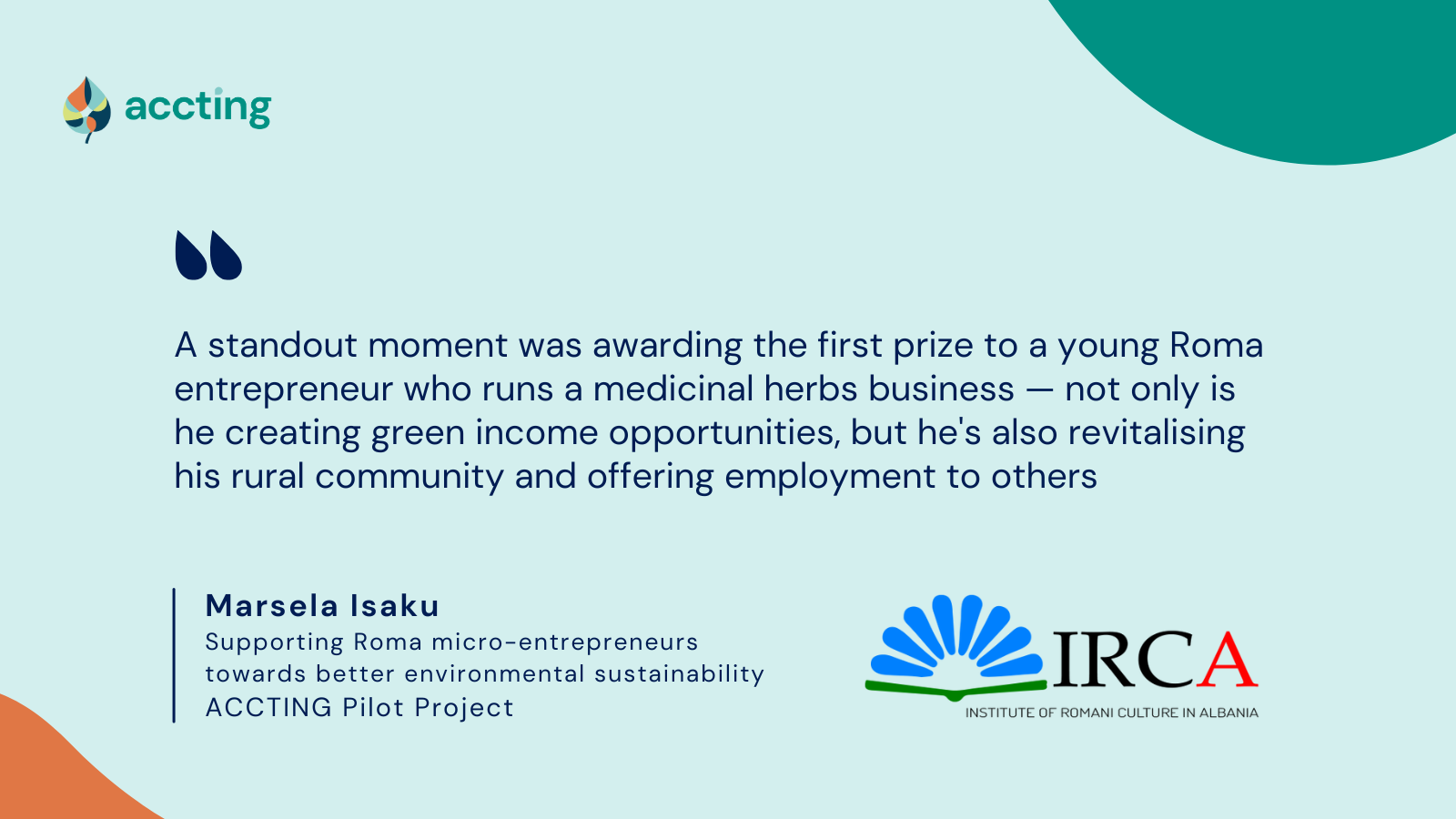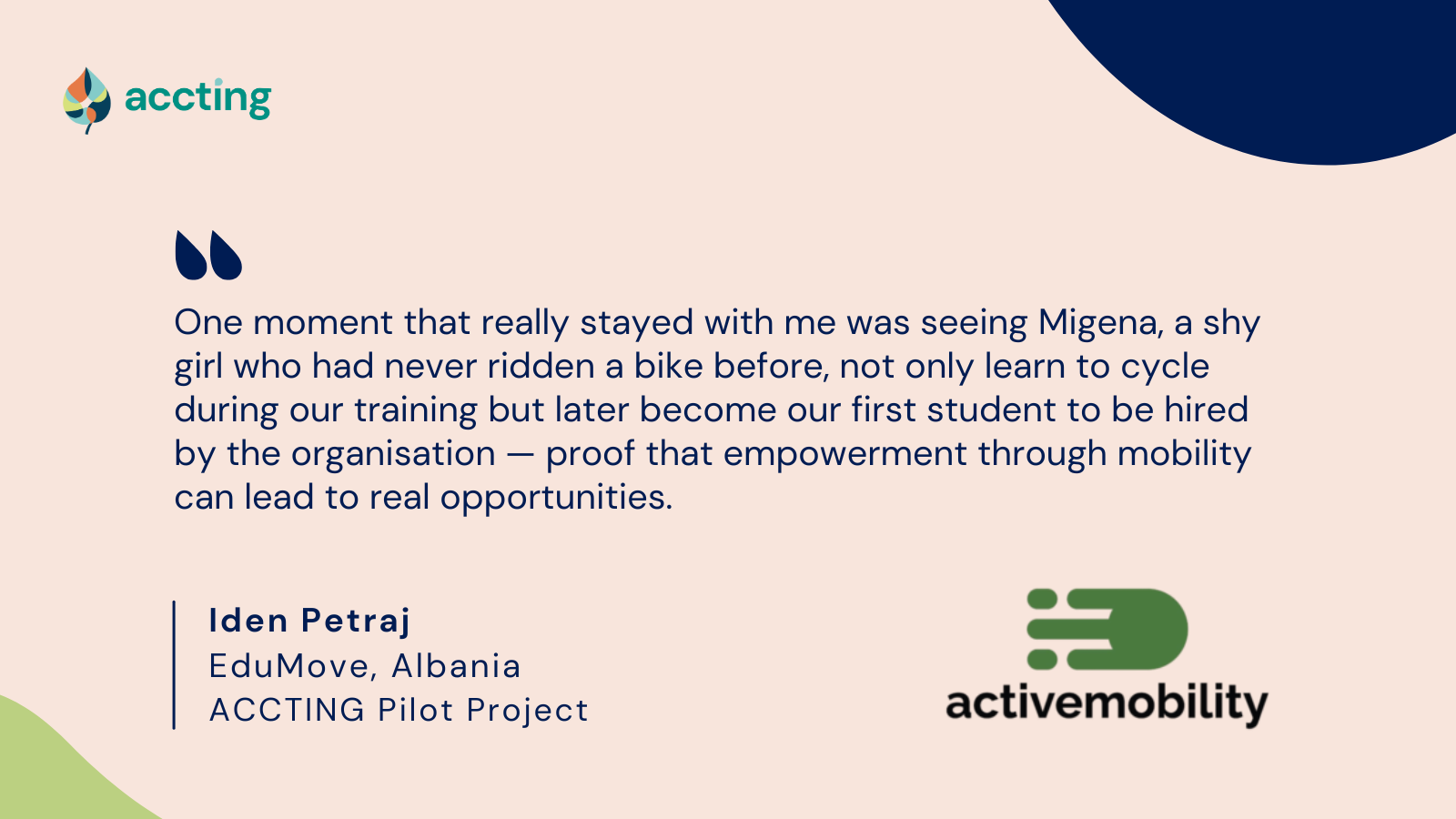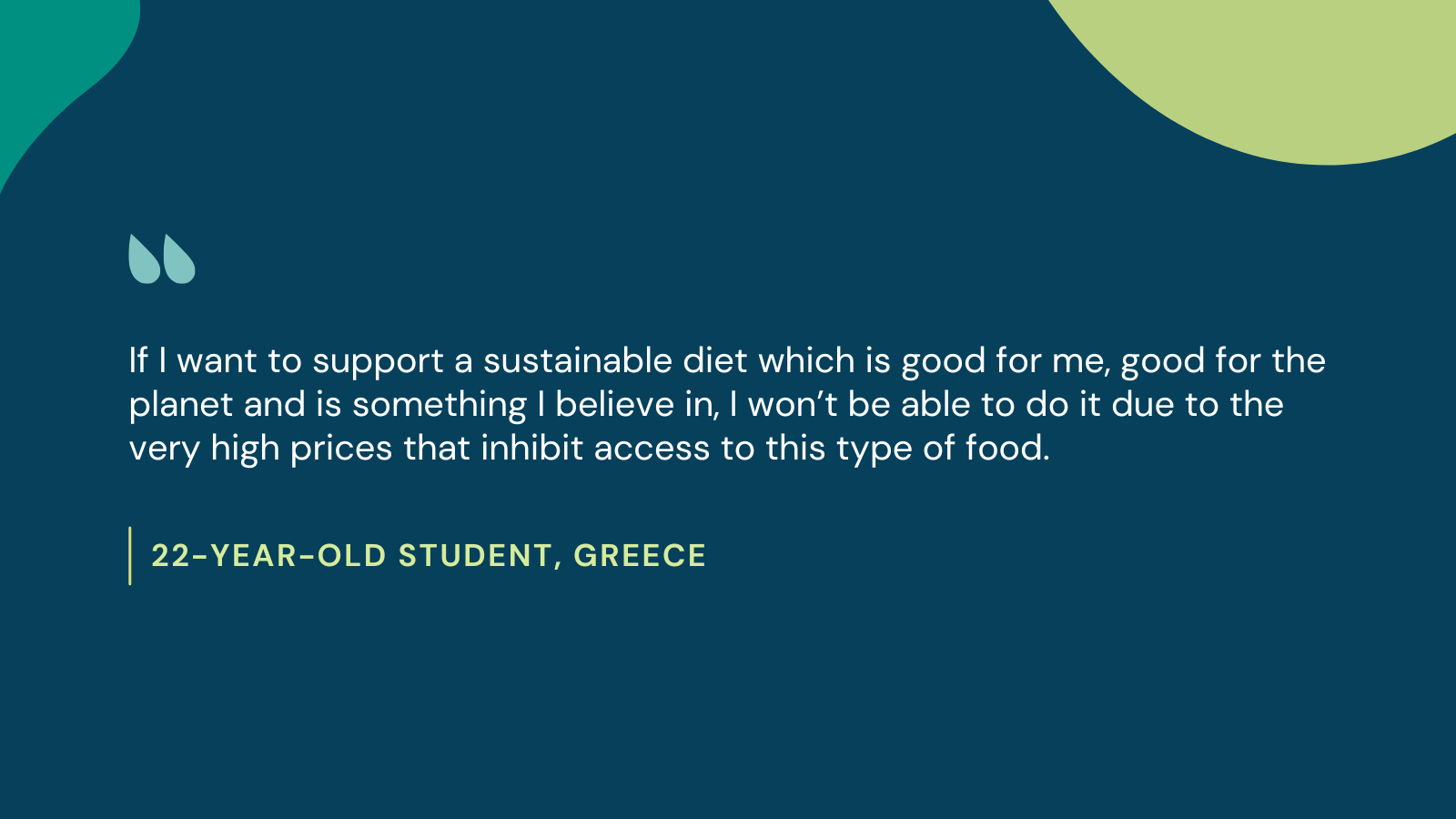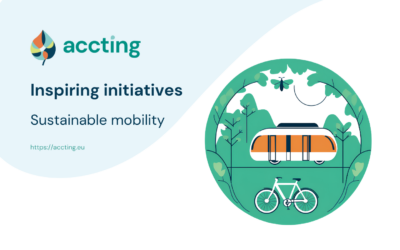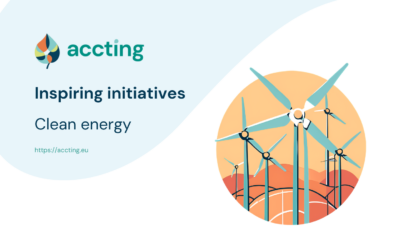The impact of climate change and the capacity to mitigate its negative impacts are unevenly distributed across and within societies; it is the poorer, marginalised and vulnerable groups who are the most acutely affected. ACCTING has collected 358 narratives via individual interviews in 13 European countries to capture some of the experiences of those vulnerable groups. These narratives on inequalities in enablers and hindrances for advancing behavioural change span eight thematic research lines – each addressing an EU Green Deal policy area. Read our dataset including all 358 narratives collected.
Sonia, Norway, advocates for clearer, more efficient community energy schemes
“I am Danish, and I have been here in Trondheim for ten years. I live in a community with 200 people living in this neighbourhood. I have been a highly active part of this community for the last ten years. I am a social worker, and I also study. I have two kids, and I am married. I only share my water heater with my neighbors. The electricity prices have been fixed during these years, and I am still looking for changes in these years.
I try to keep the home temperature between 16 to 18 degrees Celsius, and my family and I wear warmer clothes during cold days. We have firewood that we use to get the temperature a bit up.
“Energy prices are rising, especially in the winter and cold days. I do not want to use less energy, but I try not to use more than my needs.”
I live in an old house, and we need more money to renovate it. Still, we try to fix the problems. For example, we isolate our windows, or I will use heavy curtains during the winter, and whenever we have a heavy windy day, I put something behind my walls to keep home warm.
There was a community project some years ago, and they encouraged us to use solar panels. But the problem was that we are from a low-income family, and how could we handle this without governmental support? There have been so many groups in recent years. I have participated in most of them, but the problem is that they are just receiving information from us, but when the time for feedback is, they disappear! They were never clear and concise, and their time frame needed to be more precise; they did not give us financial support, so all the people are now exhausted from these groups. Because they are just theory, but in practice, they do nothing for us.”

